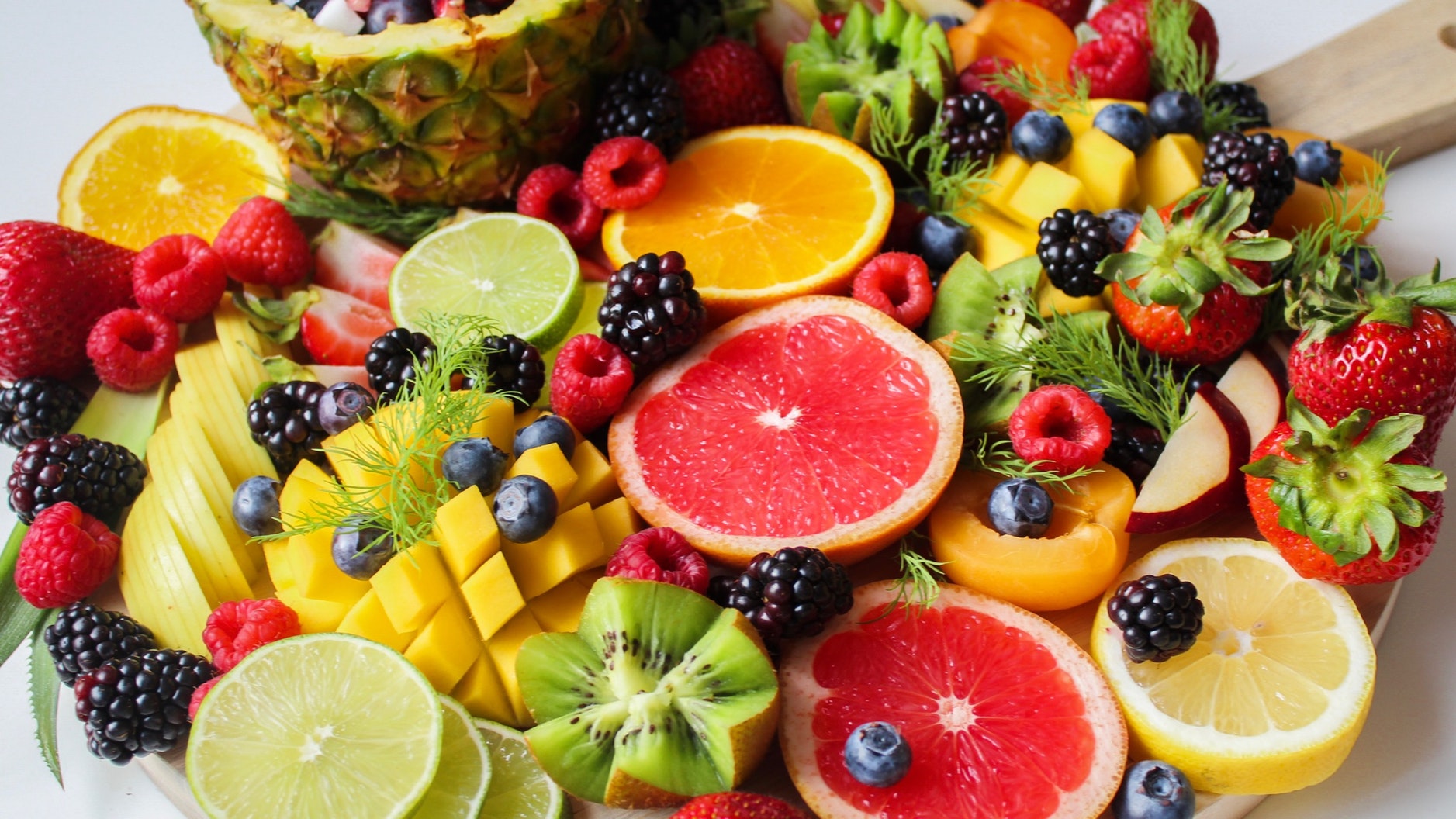
Frozen vegetables are becoming increasingly popular because of their long shelf life and low cost. With Americans generally only getting ⅓ rd of the amount of fruits vegetables they need each day, frozen vegetables can seem like an attractive alternative to fresh vegetables they maybe more expensive and may not last as long.
Canned Vegetables vs. Frozen Vegetables
Now before addressing addressing fresh vegetables, let’s take a look at canned vegetables a popular alternative. Canned vegetables lose a good amount of their nutrients during the preservation process. Canning companies also often add sodium to aid in the preservation which generally doesn’t have great health benefits. So in this case frozen vegetables tend to be the healthy option. Tomatoes and pumpkin are exceptions as they don’t lose as many nutrients during the canning process.
Frozen Vegetables vs. Fresh Vegetables
Fresh vegetables that are picked to be taken to grocery stores are generally picked before they’re fully ripe, so before they’ve reached peak nutrient value. This is because of the travel time needed from plant to processing to store shelves. These vegetables are often exposed to heat and light during transport which can degrade nutrients like Vitamin C and B (thiamin). That’s not to say that these vegetables aren’t healthy, there are still plenty of nutrients left. If you had a vegetable garden, for example, and you picked the vegetables at their peak ripeness to eat that day or the next you’d be getting the best and most nutritional value from the vegetables that you can get.
Frozen vegetables on the other hand are picked at their peak ripeness. They’re then blanched in hot water or steam to kill bacteria and food degrading enzymes. This blanching or steaming process is known to break down some nutrients like Vitamin C and B. However, the vegetables are then flash frozen locking in really sizeable amount of the nutrient value. Overall, these frozen vegetables are actually extremely nutrient rich and great for your health.
Bottom Line
If you can buy fresh vegetables you should definitely do so, as they’re nutrient packed and generally more tasty than any canned or frozen vegetables. Frozen vegetables, are however, a great alternative to fresh vegetables if you need your vegetables to have a long shelf life or if you’re looking to save money.
When shopping for frozen vegetables, choose bags marked with USDA “US Fancy” shield as this indicates the best size, shape and color of the vegetables which are generally more nutrient rich than lower grades UA No. 1 & 2. Frozen vegetables do lose nutritional value over time, so try not to store them for more than 3 months. Opt for steaming or microwaving as boiling can suck out nutrients.
For more articles, recipes, and much more, sign up with Modern Fit today. You’ll receive customized meal and fitness plans that adhere to your lifestyle.



